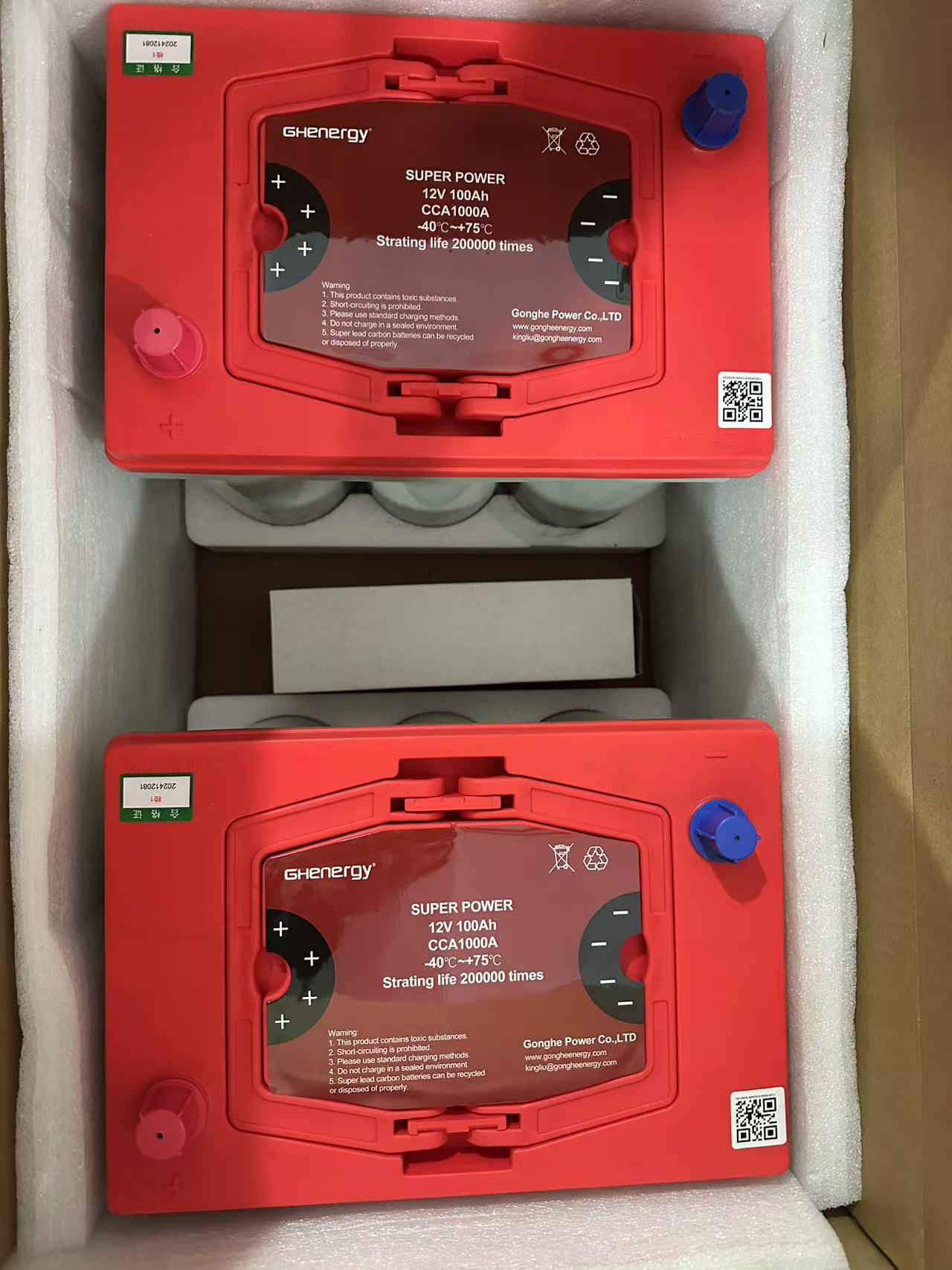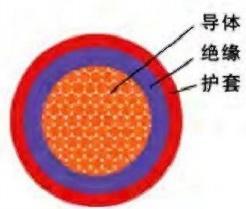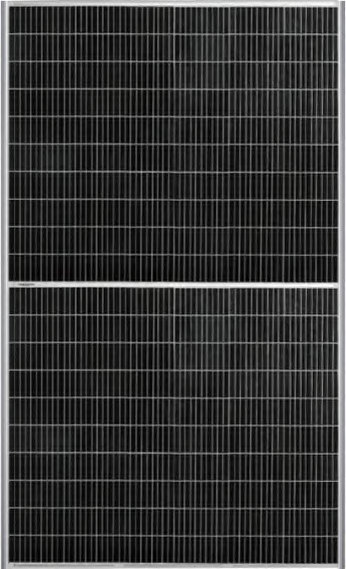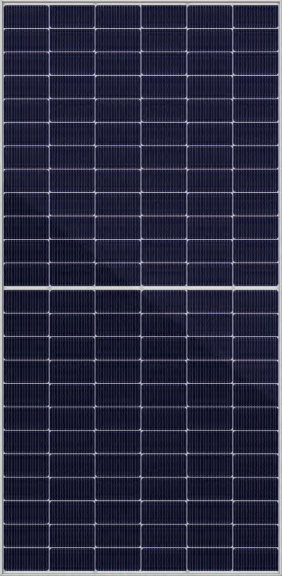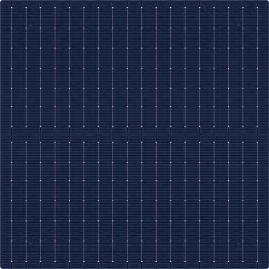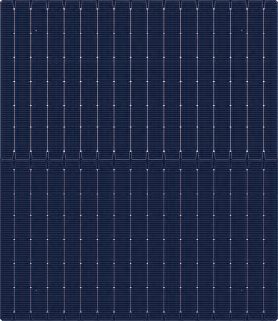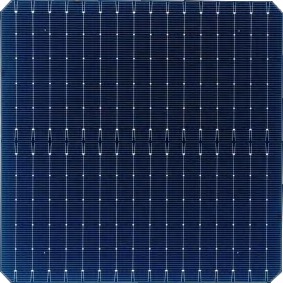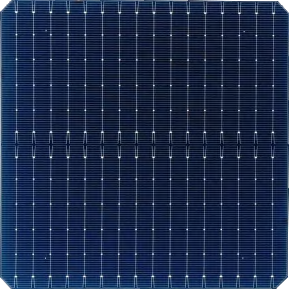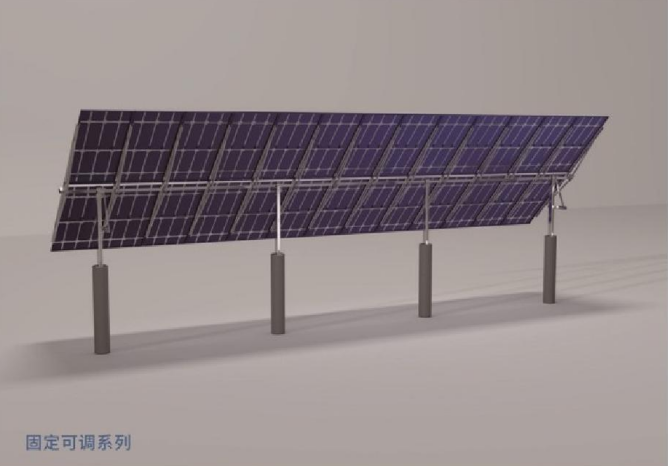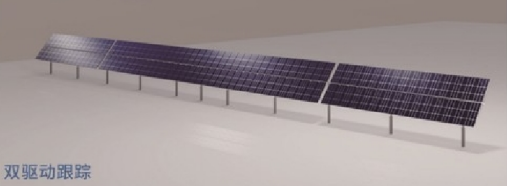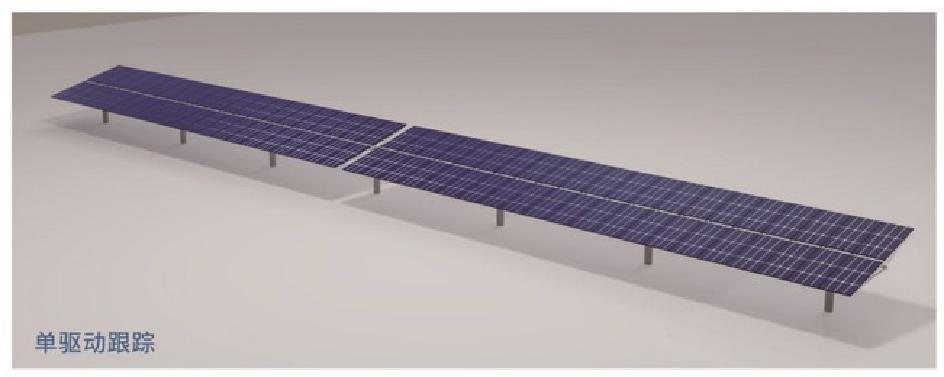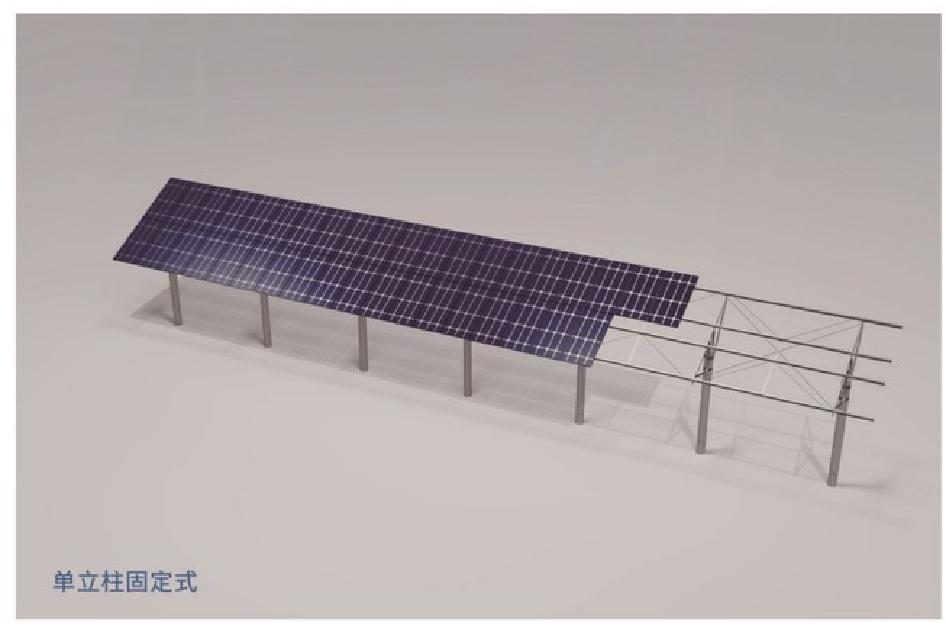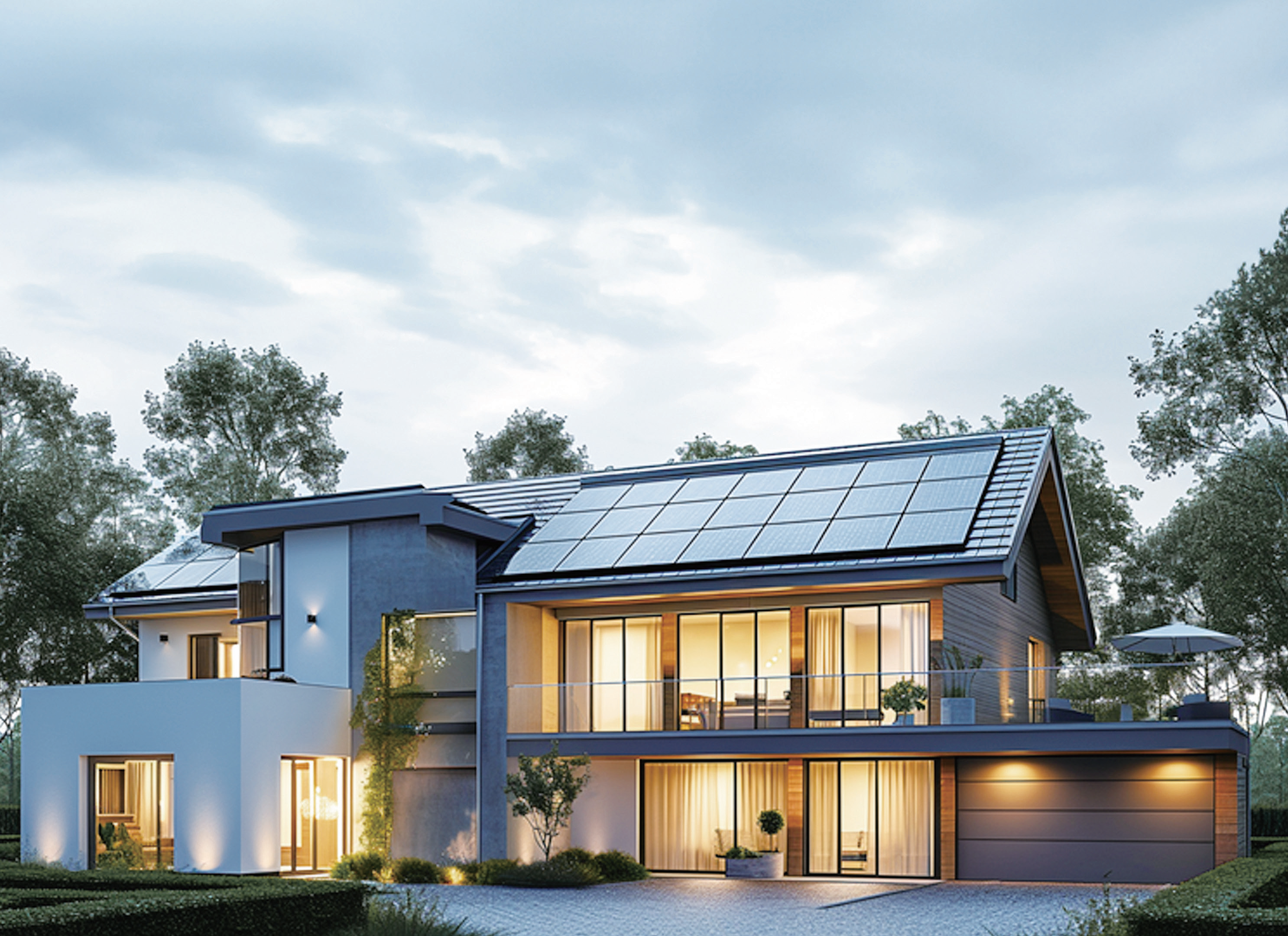Wedoany.com Report-Dec 25,The Great North Road Solar and Biodiversity Park, being developed by UK-based Elements Green, will be the “largest UK solar farm to embrace grazing”.
When the development comes online, which Elements Green estimates will be in 2027, a flock of almost 4,000 sheep will graze the solar park’s fields, which could increase up to 9,000 once lambing begins.
The flock will be managed by local farmers Phil Weaver and Pete Wilson and double as vegetation management—which Elements Green says will save the project £5 million in mowing costs across its 40-year lifespan.
Grazing at the solar development will mean Weaver and Wilson’s sheep are closer to home, reducing their annual mileage by 36,500 miles. Wilson said it means they can “focus on what we love – farming – and cut emissions in the process”.
The 1GW ground-mounted solar PV plant is currently still in the pre-application stage, having closed its first consultation in February this year after six weeks of community feedback and meetings.
An application is expected to be submitted between April and June 2025, according to the UK government’s planning portal. The developer has already secured a grid connection at National Grid’s existing substation at Staythorpe, Nottinghamshire.
The Great North Road Solar and Biodiversity Park was renamed as part of a partnership agreed between Elements Green, the RSPB, Sherwood Forest Trust, Nottinghamshire Wildlife Trust and the Trent Rivers Trust to ensure nature benefits from the development.
In response to public consultation, Elements Green says around 850 acres of the site will be solely dedicated to positive ecological management. About 50,000 trees will be planted across the development alongside 25km of hedgerows, the creation of wildflower meadows, and flood mitigation.
Mark Noone, UK project director for the development, said: “This partnership proves that renewable energy projects can do more than just power homes; they can empower local communities, boost biodiversity, and support traditional industries.”
The partnership with Weaver and Wilson is intended to demonstrate how solar parks can coexist with agriculture. Local support for the development will be crucial through the planning process, particularly in the wake of the Conservative government’s messaging around solar developments.
As such, some MPs, parish councils and neighbours to prospective solar farms opposed new developments on the grounds that they result in the loss of productive agricultural land.
Agrivoltaics, the use of land for solar and livestock farming, has become an industry in its own right. The addition of solar PV can provide a (much-needed) revenue stream for farmers. The National Farmers’ Union of Scotland (NFUS) signed an affinity deal with Iqony Solar Energy Solutions (SENS), that sees landowners receive an indexed, competitive market rent for up to 40 years.
